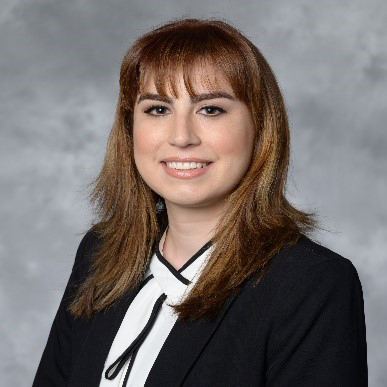
Ethical-Legal Challenges of Providing On-Site Healthcare to Protestors

Farmer Case & Fedor
On September 29, the SDCBA Law and Medicine section collaborated with the San Diego Region Taskforce of the American Nurses Association (ANA) to host an invaluable discussion on the ethical-legal challenges that on-street nurses face in response to victims of police brutality. The ANA represents an essential group of workers who have provided medical aid to marginalized communities during the 2020-2021 racial equity demonstrations. Not only is the ANA considered an essential part of the healthcare sector, but it also has the mission of optimizing our nurses’ contribution to the health and wellbeing of individuals, families, and communities as a lobbying organization under 501(c)(6). In fact, the ANA is the largest national professional nursing organization in our country.
Recently in San Diego, the police response to protests led by people of color has been consistent. Modern policing has been characterized by an “ever-increasing militarization” rather than a “group of community engagement and community policing,” according to panelists at the September 29 seminar. Demonstrators have marched against this injustice for weeks in San Diego. An early June protest drew thousands in the streets on an hours-long trek through the city. Many of the weapons police have recently deployed at protests could be seen as war-grade weapons designed to stun, confuse, isolate, and injure people rather than protect them.
Critical care nurse Christina Kelley decided to launch the ANA’s San Diego task force after witnessing safety concerns during the downtown demonstrations against police brutality. Police used flashbangs, tear gas and rubber bullets to disperse crowds, which sent masses of protesters running through the urban area. Sadly, many nurses were injured while providing medical aid to these victims.
On June 2, 2020, the San Diego Region Taskforce sent a letter to the San Diego Chief of Police concerning their right to provide medical care to protestors in direct actions. This letter was published with the support of the ANA and was later used to promote the creation of a California bill protecting these rights. Laura Chechel, nurse manager of the cardiovascular intensive care unit at UC San Diego Health, Danisha Jenkins, PhD candidate, and Christina Kelley, both with Sharp Chula Vista Medical Center, were all significantly involved in this collaborative, grassroots medical response.
Here’s what you can do to help:
As lawyers, we have the platform to advocate and ensure that these bills will become law. There are many things you can do to support the passage of these bills. From contacting your local senators to joining nursing associations committed to this fight, you can be part of this much-needed change. In doing so, our nurses will be given the opportunity to freely practice their craft and provide medical aid to our community without having to put their lives at serious risk. If you are interested in meeting healthcare attorneys and learning more about causes advancing nurses’ rights, you can get involved with the SDCBA’s Law & Medicine Section or volunteer with the American Nurses Association Political Action Committee.